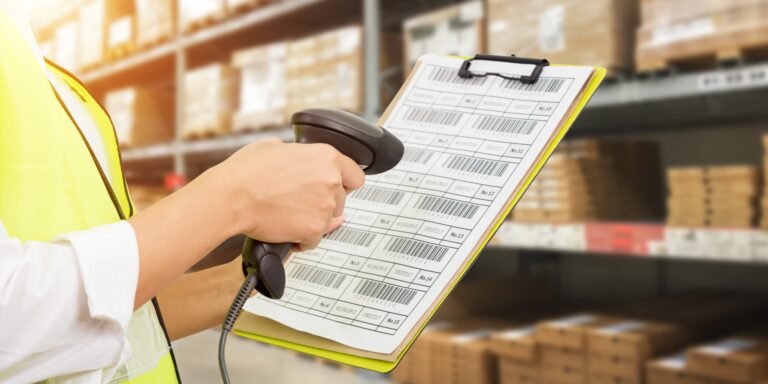Barcode scanners play a crucial role in modern businesses, streamlining operations and improving efficiency. However, with a plethora of options available in the market, choosing the right barcode scanner for your business needs can be a daunting task. To help you make an informed decision, we have compiled tips that will guide you through the process.
Understanding Your Business Requirements
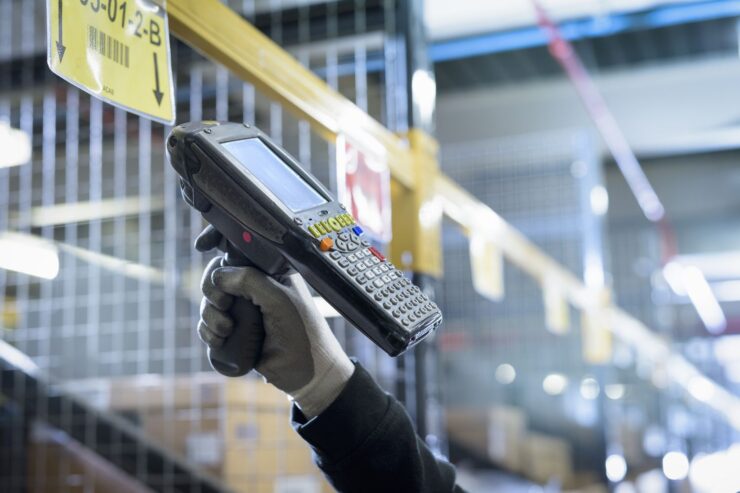
Before embarking on your barcode scanner selection journey, it is imperative to thoroughly understand your business requirements. Take the time to assess your unique needs and processes. Consider factors such as the volume of items to be scanned, the environment in which the device will be used, and the type of barcodes you will encounter.
For instance, if you work in a retail environment with high customer traffic, you will need a barcode scanner from MUNBYN that can handle constant use and has a fast scanning speed. On the other hand, if you operate in a warehouse where durability and long scanning distance are crucial, you will require a different type of scanner.
Next, consider the integration of the scanner with your existing systems. Do you need a device that seamlessly connects to your point-of-sale (POS) system or inventory management software? Understanding your integration requirements will help you narrow down the options and ensure compatibility with your existing infrastructure.
Knowing The Types of Barcode Scanners
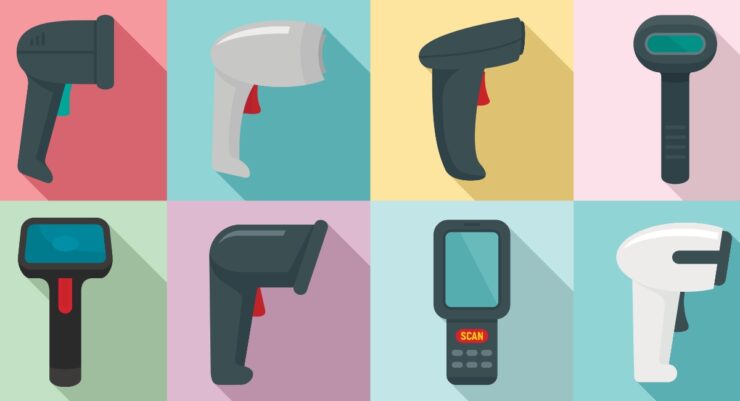
Handheld scanners are the traditional, gun-shaped models that most people are familiar with. They offer versatility and can be used in a wide range of applications. Handheld units are ideal for retail, healthcare, and manufacturing industries, where mobility and ease of use are crucial.
Presentation scanners, also known as hands-free, are commonly used in retail environments. They are designed to be placed on a counter or table, allowing items to be quickly scanned by simply passing them in front of the scanner. Presentation scanners are ideal for high-volume scanning and can significantly improve checkout efficiency.
Mobile scanners, as the name suggests, are portable devices that can be connected to smartphones or tablets. They are especially useful for businesses that require mobility, such as warehouse management or field service operations. These devices provide flexibility and convenience, allowing employees to scan barcodes on the go.
Decoding Capabilities and Compatibility
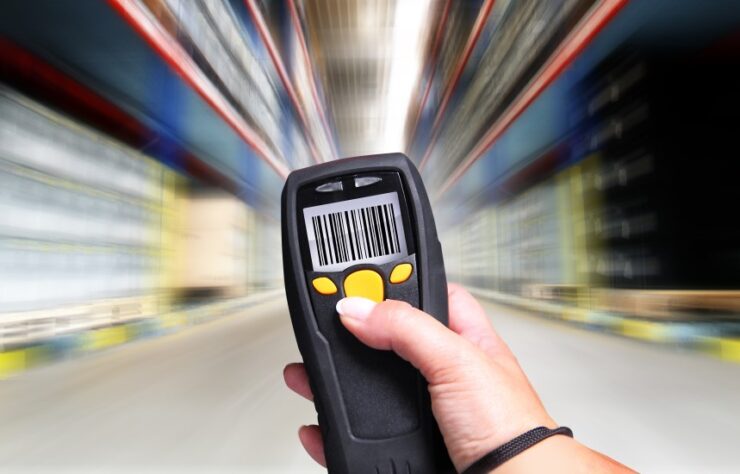
Another crucial aspect to consider when choosing a barcode scanner is its decoding capabilities and compatibility with different types of barcodes. Not all units are created equal in terms of their ability to read various barcode formats. Some devices can read only 1D barcodes, which consist of parallel lines, while others can read both 1D and 2D barcodes, which contain patterns of squares, dots, or other geometric shapes.
It is essential to assess the type of barcodes used in your business operations and ensure that your chosen unit can decode them accurately. Additionally, consider the future requirements of your business. Will you need to read more complex barcodes in the future? Investing in a scanner that supports multiple barcode formats will future-proof your operations and save you from having to replace the device down the line.
Connectivity Options
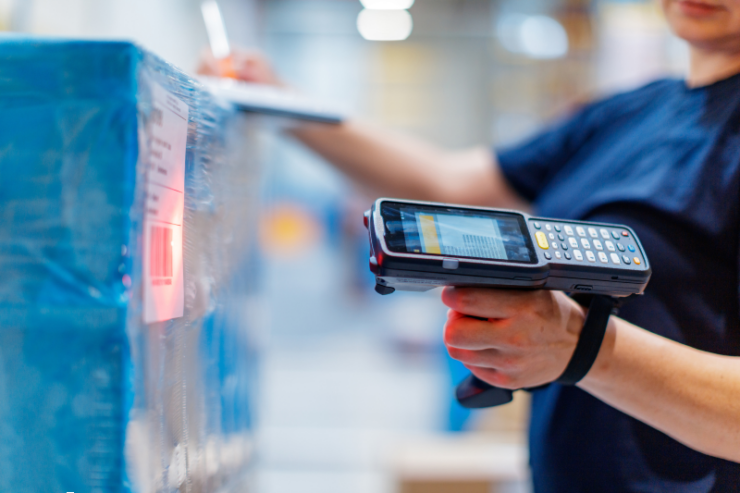
USB connectivity is the most common and widely supported option. It provides a reliable and straightforward connection to your computer or POS system. USB scanners are plug-and-play, meaning they can be easily connected and used without the need for additional software or drivers.
Bluetooth scanners offer wireless connectivity, allowing greater mobility and flexibility. They can be paired with a computer or mobile device and provide a cordless scanning experience. These devices are ideal for businesses that require employees to move around freely while scanning items, such as in a warehouse or retail environment.
Wi-Fi scanners take wireless connectivity a step further, enabling real-time data transmission and synchronization with your systems. They are typically used in larger operations where multiple devices need to communicate with a central database or server. They offer increased efficiency and accuracy by instantly updating your inventory or database as soon as an item is scanned.
Consider your business needs and the infrastructure you have in place when choosing the connectivity option for your barcode scanner. Ensuring that the scanner’s connectivity method aligns with your existing systems and provides the necessary functionality to meet your operational requirements is essential.
Ergonomics and Durability
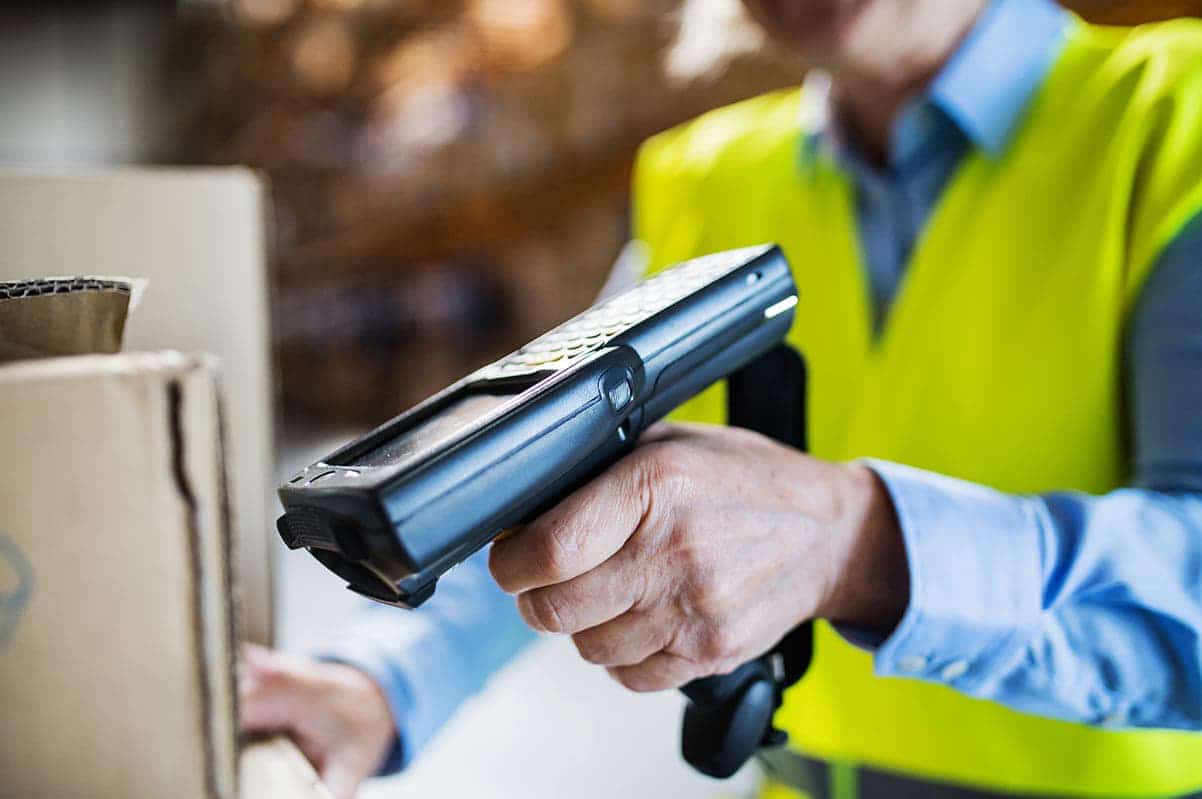
Ergonomics encompasses factors such as the weight and shape of the scanner, as well as the placement and accessibility of buttons or triggers. A lightweight and ergonomically designed device can reduce fatigue and enhance productivity. Look for devices with a balanced weight distribution and a comfortable grip that fits well in the hands of your employees.
Durability is particularly important in industries with demanding environments, such as warehouses or manufacturing plants. The device should be able to withstand accidental drops, exposure to dust or moisture, and rough handling. Look for scanners with a high IP (Ingress Protection) rating, indicating their resistance to water and dust. Additionally, check if the unit has been tested for drop resistance and can withstand falls from a certain height.
Scanning Distance and Speed

Scanning distance and speed are essential considerations, especially in industries where efficiency and productivity are critical. The scanning distance refers to the maximum distance between the scanner and the barcode at which the device can accurately read the barcode.
Will you be scanning barcodes from a close range, such as in a retail environment, or will you need to scan barcodes from a distance, such as in a warehouse with high shelves? Choose a device with a scanning distance that matches your operational needs to ensure accurate and efficient scanning.
Scanning speed, also known as the scan rate, determines how quickly the scanner can read and decode barcodes. In high-volume environments, such as busy retail checkout counters, a fast scanning speed is crucial to prevent bottlenecks and long queues.
Consider the throughput requirements of your business and choose a scanner with a scanning speed that aligns with your operational needs. It is noteworthy that scanners with higher scanning speeds may come at a higher price point. Therefore, strike a balance between speed and cost to ensure optimal efficiency within your budget.
Conclusion
Choosing the right barcode scanner for your business needs can be challenging, but it doesn’t have to be. By taking into account all of the factors discussed in this article – from budget and durability to features and connectivity – you will be able to find the perfect barcode scanner that meets your specific requirements. With the right device in place, you’ll enjoy improved efficiency, lower costs, and increased customer satisfaction.
Related Posts:
- 20 Best Gaming Headset Under 50$ 2024 - for PC, PS4,…
- How Long Should a Jump Rope Be | How to Measure +…
- Top 10 Best Modem For Gaming 2024 - For Optimum Gaming Speed
- Top 10 Best Dog Nail Grinder 2024 - Best Care for Your Pet
- Top 10 Best Office Chair Under 200 2024 - Ergonomic…
- Top 10 Best Leather Backpack For Men and Women 2024…

